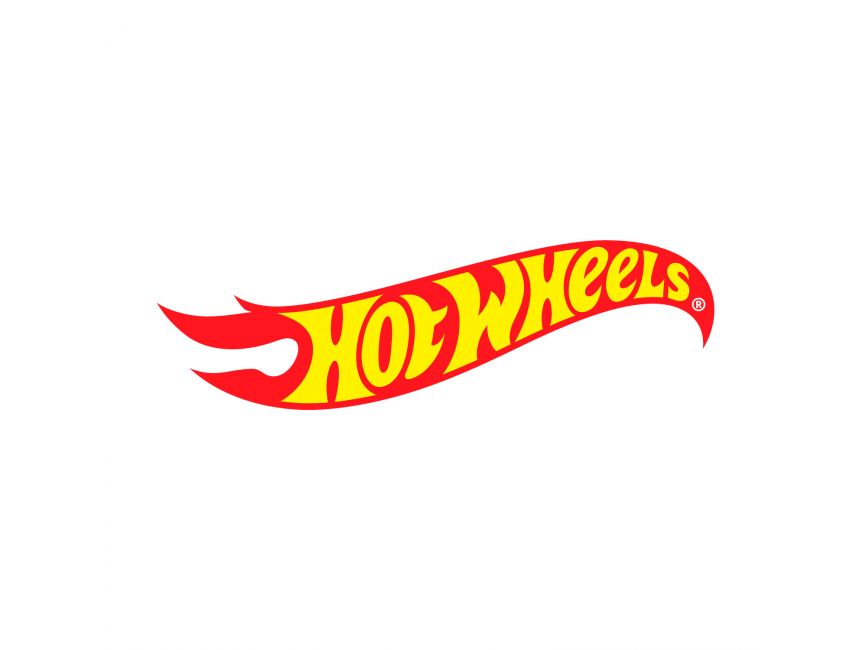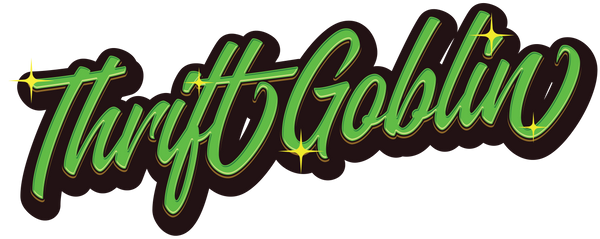Mattel

1. Origins and Creation
Founding and Early Products:
- Establishment: Mattel was founded in 1945 by Harold "Matt" Matson, Elliot Handler, and Ruth Handler in a garage workshop in Los Angeles, California. The company initially produced picture frames but soon transitioned into toy production after discovering the profitability of toy crafting from leftover materials.
- First Toys: One of Mattel’s first successful products was a toy ukulele, which led the company to focus more on toys. By the late 1940s, Mattel had established itself as a leading toy manufacturer.
Innovation in Toy Marketing:
- Television Advertising: In 1955, Mattel revolutionized toy marketing by becoming the first toy company to advertise directly to children through television. Their sponsorship of "The Mickey Mouse Club" was a groundbreaking move that cemented Mattel’s presence in households across America.
2. Key Milestones
The Birth of Barbie:
- Introduction: In 1959, Ruth Handler introduced Barbie, named after her daughter Barbara. Inspired by the German doll Bild Lilli, Barbie was the first doll in the U.S. with an adult appearance. Barbie quickly became one of the most iconic toys in the world, representing the idea that girls could be anything they wanted.
- Cultural Impact: Barbie’s introduction marked a shift in the toy industry, and she became a symbol of fashion, empowerment, and imagination. Over the decades, Barbie has evolved with the times, reflecting changes in society and culture.
Hot Wheels:
- Launch: In 1968, Mattel introduced Hot Wheels, a line of die-cast toy cars that featured custom designs and vibrant colors. These cars were an instant hit and became a staple in boys’ toy collections.
- Enduring Popularity: Hot Wheels has remained popular for decades, with an ever-expanding range of cars, tracks, and playsets. The brand has also become a major player in the collectibles market, appealing to both children and adult collectors.
Fisher-Price Acquisition:
- Expansion: In 1993, Mattel acquired Fisher-Price, a company known for its high-quality educational toys for infants and toddlers. This acquisition expanded Mattel’s reach into the preschool market, solidifying its position as a leader in the toy industry.
- Product Diversity: Fisher-Price continued to thrive under Mattel’s ownership, introducing new product lines that blended learning with play, including the iconic Little People figures and the Power Wheels ride-on vehicles.
Partnerships and Licenses:
- Disney Partnership: Mattel secured a lucrative partnership with Disney in the 1980s, producing toys and dolls based on popular Disney characters and films. This collaboration further boosted Mattel’s global presence.
- Master Toy Licenses: Over the years, Mattel has acquired master toy licenses for numerous franchises, including DC Comics, WWE, Jurassic World, and Pixar, allowing the company to create a wide range of products that appeal to fans of all ages.
3. Iconic Products and Innovations
Barbie:
- A Fashion Icon: Barbie has gone through countless transformations over the years, with hundreds of outfits, accessories, and careers. From astronaut to president, Barbie has inspired generations of girls to dream big.
- Diversity and Inclusion: Mattel has continually evolved Barbie to reflect a more inclusive world, introducing dolls with different body types, skin tones, and abilities to ensure that every child can see themselves in their toys.
Hot Wheels:

- Innovative Designs: Hot Wheels revolutionized the toy car industry with its bright, imaginative designs and fast-rolling wheels. The brand continues to innovate with new models, including collaborations with automotive manufacturers and pop culture icons.
- Collectibility: Hot Wheels has become a serious hobby for collectors, with limited-edition releases and rare models fetching high prices at auction.
Fisher-Price:
- Educational Toys: Fisher-Price’s commitment to blending education with play has made it a trusted brand among parents. Products like the Laugh & Learn series and the iconic Corn Popper have been childhood staples for generations.
- Innovation in Learning: Fisher-Price continues to innovate with technology-infused toys that encourage early learning and development, maintaining its reputation for quality and creativity.
4. Fun Facts and Cultural Impact
Barbie’s Influence:
- Cultural Icon: Barbie is not just a toy but a cultural phenomenon. She has been featured in movies, TV shows, and even art exhibits. Barbie’s influence extends far beyond the playroom, impacting fashion, gender roles, and consumer culture.
- Special Editions: Barbie has seen numerous special editions, including collaborations with designers like Karl Lagerfeld and Vera Wang, as well as dolls modeled after celebrities and historical figures.
Hot Wheels and Pop Culture:
- Car Culture: Hot Wheels has not only been a staple in toy collections but has also become ingrained in car culture. The brand’s annual Hot Wheels Legends Tour and its presence in video games like “Forza” reflect its crossover appeal.
- World Records: Hot Wheels has set multiple world records, including the longest track and the most extensive collection, showcasing its popularity and the creativity it inspires.
Commitment to Sustainability:
- Eco-Friendly Initiatives: Mattel has committed to sustainability, with goals to use 100% recycled, recyclable, or bio-based plastic materials across all its products and packaging by 2030. This initiative includes launching environmentally friendly toy lines like Barbie Loves the Ocean, made from recycled ocean-bound plastic.
- Philanthropy: Mattel also engages in various philanthropic efforts, including the Mattel Children’s Foundation, which supports programs that improve the lives of children in need around the world.
Memorable Quotes:
- “You can be anything.” - Barbie’s slogan, reflecting the brand’s mission to inspire limitless potential in children.
- “The fastest metal cars in the world.” - Hot Wheels’ tagline, symbolizing the brand’s commitment to speed, performance, and fun.
